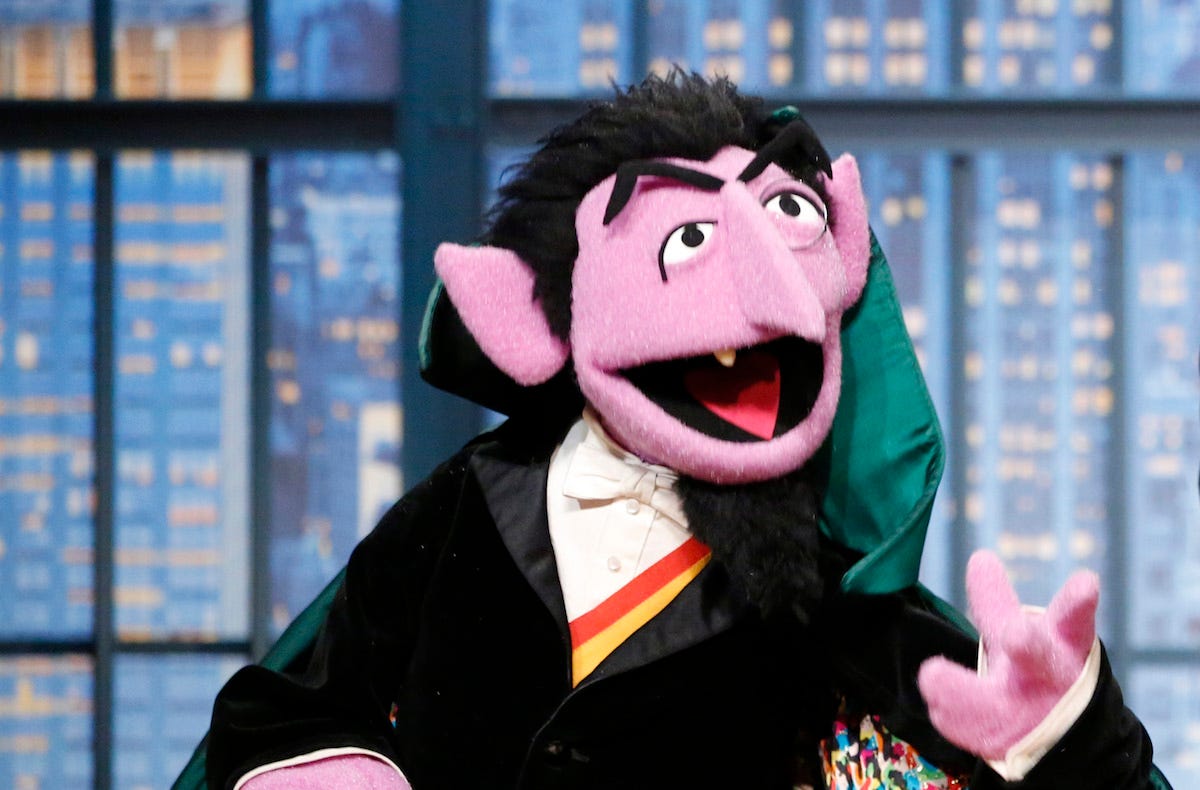For most of the morning, Twitter has been fighting about one of the seemingly dullest things: book word counts. An editor at a commercial-minded independent press tweeted that it broke their heart to see brilliant manuscripts in the 50k to 70k range because adult fiction books had to be 80k-120k and this—in the way of The Discourse—produced some informa…
Keep reading with a 7-day free trial
Subscribe to Counter Craft to keep reading this post and get 7 days of free access to the full post archives.



